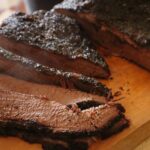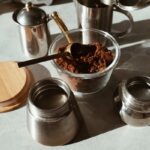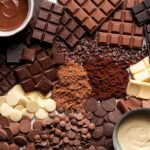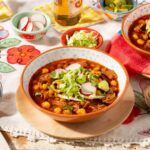Cooking perfect rice can be a tricky task, especially when it comes to knowing how much water for 3 cups of rice. Do you ever find yourself scratching your head and wondering how much water for 3 cups of rice? Then this blog post is for you. In this comprehensive guide, we’ll provide insight into how much water is needed to produce perfectly cooked rice. So buckle up because we’re about to start out on the journey to cooking delicious meals with just the right amount of moisture in every bite.
Contents
What is rice?
Rice is a cereal grain that is grown on every continent and eaten by billions of people around the world. Rice comes in many varieties, textures, colors, and flavors from short-grain white rice to long-grain brown rice. When cooked correctly, it can be fluffy and light or stick together like risotto.
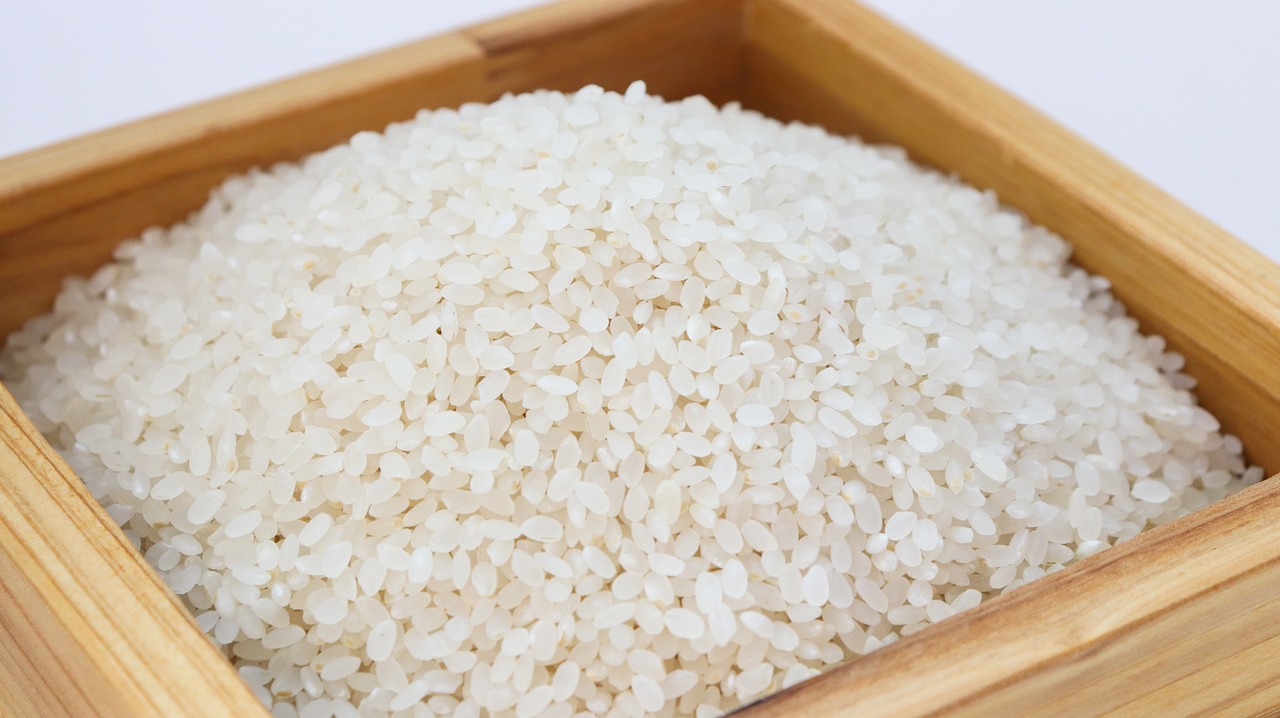
What types of rice are there?
There are many different types of rice, but the most common varieties include white and brown. White rice is milled to remove the husk or outer layers, revealing a light yellow grain. Brown rice, on the other hand, has only had its husk removed, leaving all of its nutrient-rich layers intact.
Why should you know how much water for 3 cups of rice?
Knowing how much water for 3 cups of rice is important because it ensures that your dish will come out perfectly cooked. Too little water and the grains will be crunchy, too much water and they’ll become mushy. The amount of water you use for cooking also impacts the flavor as some types of rice benefit from a bit more moisture while others need less.
How much water for 3 cups of rice?
To cook 3 cups of rice, you should use 4 1/2 cups of water. This will ensure that your rice is cooked perfectly and has the perfect texture. It’s also advisable to add a bit more water if you’re cooking brown rice as it usually needs a bit more moisture to be fully cooked.
Factors affect how much water for 3 cups of rice
The amount of water for 3 cups of rice may also depend on the type of rice you’re cooking. Some varieties, such as long-grain rice, require less water than short-grain types like Arborio or sushi rice. It’s important to check the package directions before cooking to make sure you use the right amount of water.
Another factor that affects how much water you need for cooking rice is the cooking method. If you’re using a stovetop pot, you’ll generally need more water than if you opt for an electric rice cooker or Instant Pot.
How to determine how much water for 3 cups of rice?
When determining how much water for 3 cups of rice, it’s important to consider the type of rice, the cooking method, and any additional ingredients you may be adding. For example, if you’re making a risotto dish with three cups of Arborio rice and stock or other liquid, you’ll need less water than if you are simply boiling three cups of long-grain white rice.
When in doubt, it’s always best to start with the package directions and adjust from there. You can always add a bit of water if needed, but it’s impossible to take it away once you’ve added too much.
How do you measure the water needed to cook rice?
When measuring the water for cooking rice, it’s important to use a liquid measuring cup. This will ensure that you are accurately adding the correct amount of water. It’s also advisable to stick with measuring cups that are specifically marked for liquids as dry ingredients tend to be measured in other types of vessels.
Things needed to consider when cooking rice
When cooking rice, it’s important to consider the type of pot you’re using and the cooking time. Different types of pots will require different amounts of water; for instance, larger pots with a wider surface area need more liquid than smaller pots. Similarly, the cooking time can be affected by the amount of water used; in general, more water means longer cook times.
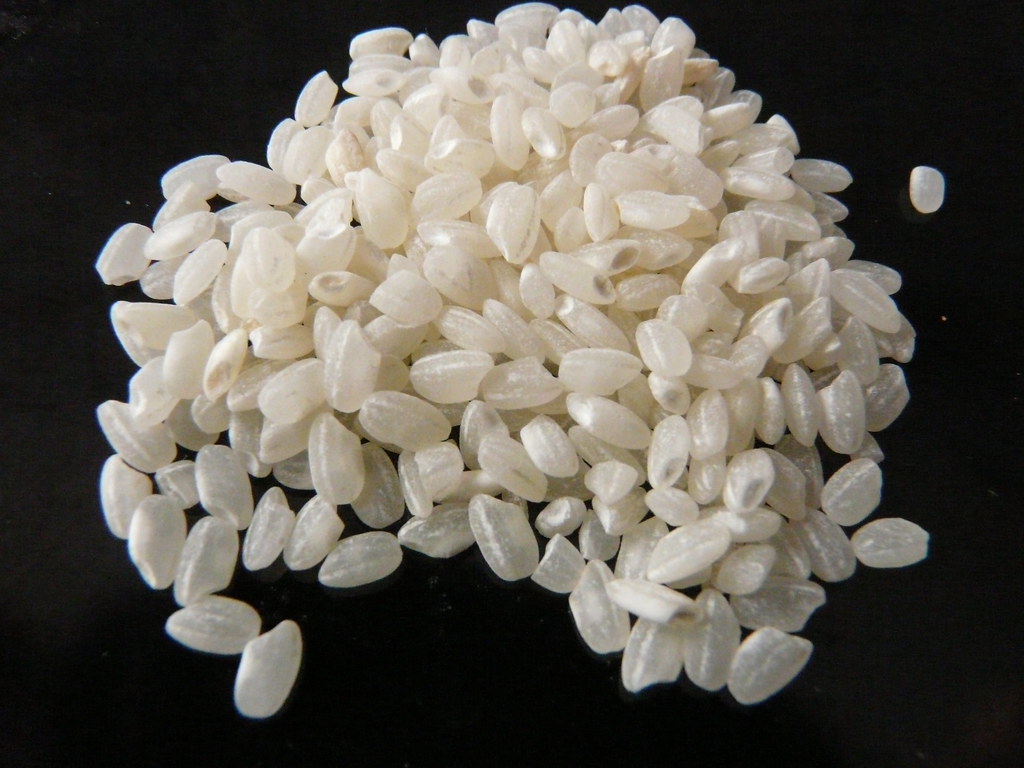
Tips cooking perfect rice
• Rinse your rice before cooking to remove excess starch. This will help prevent the rice from becoming sticky.
• Bring the water to a boil before adding rice. Then cover, reduce heat to low and simmer until rice is tender and has absorbed all the liquid.
• Don’t lift the lid during cooking. This allows steam to escape and can impact the cooking time and texture.
• Fluff the rice with a fork after cooking to allow air to circulate and separate the grains. This results in light, fluffy rice.
• Cooked rice can be stored in an airtight container in the refrigerator up to 4 days. For longer storage, freeze cooked rice up to 3 months.
Conclusion: How much water for 3 cups of rice?
Cooking the perfect rice requires some practice, patience and knowing how much water for 3 cups of rice. The amount of water you use can have a big effect on the texture and flavor; too little and your grains will remain crunchy, too much and they’ll become mushy. To achieve perfectly cooked rice, it’s important to pay attention to the type of rice, the cooking method and any additional ingredients you may be adding. By following these simple tips and using the correct amount of water for 3 cups of rice, you can enjoy delicious meals with just the right amount of moisture in every bite. Happy cooking.
FAQ: Water for 3 cups of rice
How much water for 3 cups of rice in rice cooker?
When using an electric rice cooker to cook white rice, the recommended ratio is usually 1 cup of rice to 1 cup of water. This applies to long-grain rice, jasmine rice, basmati rice, as well as medium grain rice, risotto, and sushi rice, which are all considered “white rice.”
How much water do I need for 3 cups of short grain rice?
For the best results, the ideal ratio is 1½ cups of water for every 1 cup of rice. You can cook it on the stove, in the microwave, in a slow cooker, rice cooker, or Instant Pot.
How much water for 3 cups of rice on stove?
To achieve perfectly cooked rice, the ideal ratio of water to rice is 2:1. This means that for every 3 cups of rice, you should use 6 cups of water. Accurate water measurement is crucial, as it determines the texture and taste of the rice. Avoid the pitfalls of undercooked or mushy rice with the correct water-to-rice proportion.
How much water for 3 cups of rice in aroma rice cooker?
According to Aroma Digital, a 1:1.33 ratio of rice to water is recommended. This means that for every 1 cup of rice, you should add 1 ⅓ cups of water to the pot.
How much water for 3 cups of rice in microwave?
To achieve the perfect rice consistency, the ideal rice to water ratio is typically 1 cup of rice to 1.5 cups of water when cooking on the stovetop. However, when using the oven or the microwave, it is recommended to increase the water amount to 2 cups per 1 cup of rice.
How much water for 3 cups of rice stovetop?
To achieve fluffy and perfectly cooked rice, use a ratio of 2 cups of water for every 1 cup of white rice. So, for 3 cups of rice, you’ll need a total of 6 cups of water. Simple steps to follow: bring the water to a boil, add the rice, stir lightly, cover the pot, and simmer on low heat.
How much water for 3 cups of brown rice?
When cooking brown rice on the stovetop, a general guideline is to use a 2 to 1 ratio of water to rice. This means that for every 1 cup of rice, you should use 2 cups of liquid.
How much water for 3 cups of jasmine rice?
The perfect ratio is 1½ cups of water for each cup of rice. However, you can adjust the amount of water based on your preference. For slightly drier rice, use ¼ cup less water per cup of rice. If you prefer a moister rice, use ¼ more water per cup of rice.
How much water for 3 cups of white rice?
To achieve perfectly cooked rice, you should use 6 cups of water for every 3 cups of rice. Accurate water measurement is crucial as inadequate or excessive water can lead to undercooked or soggy rice.
How much water for 3 cups of sushi rice?
The ratio is 1:1, meaning you will use one cup of water for every cup of sushi rice.
How much water for 3 cups of long grain rice?
The Perfect Water-to-Rice Ratio: 3 Cups of Rice = 6 Cups of Water. When preparing 3 cups of long grain rice, the ideal ratio is 2 parts water to 1 part rice. Ensuring accuracy in water measurement is crucial, as inadequate or excessive water can lead to less-than-ideal results. Say goodbye to undercooked or mushy rice with this foolproof guide.

Chef Yong Kang has over 20 years of experience cooking in the finest restaurants, and is excited to present their vision to you and all our guests. Our caring and committed staff will ensure you have a fantastic experience with us.
We are also available for private events:, business lunches, dinners, and more. We would love to discuss how to be a part of your next event.Our restaurant refuses to compromise on quality, which is why we source our fresh ingredients from local farmers’ markets.

